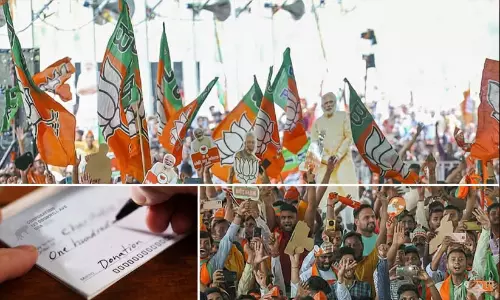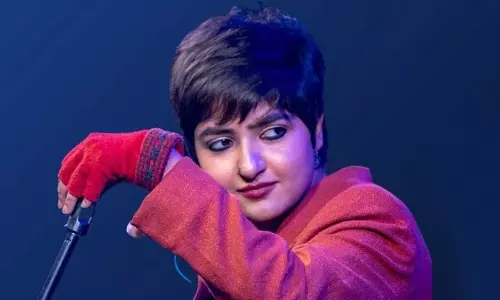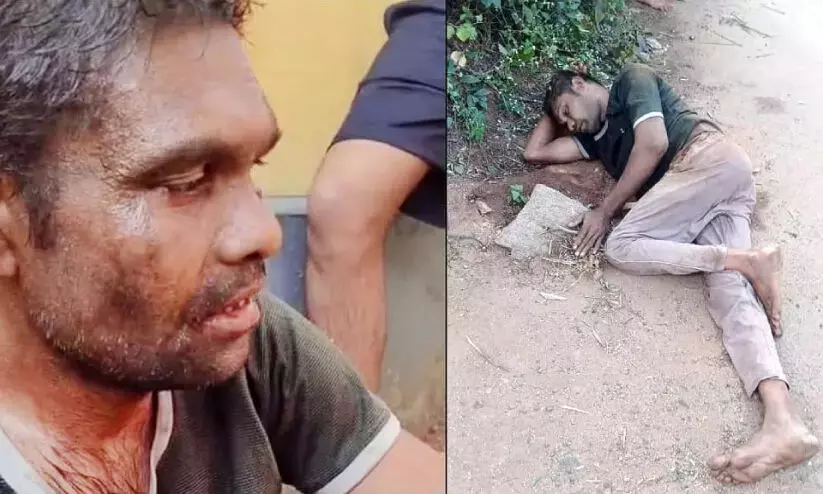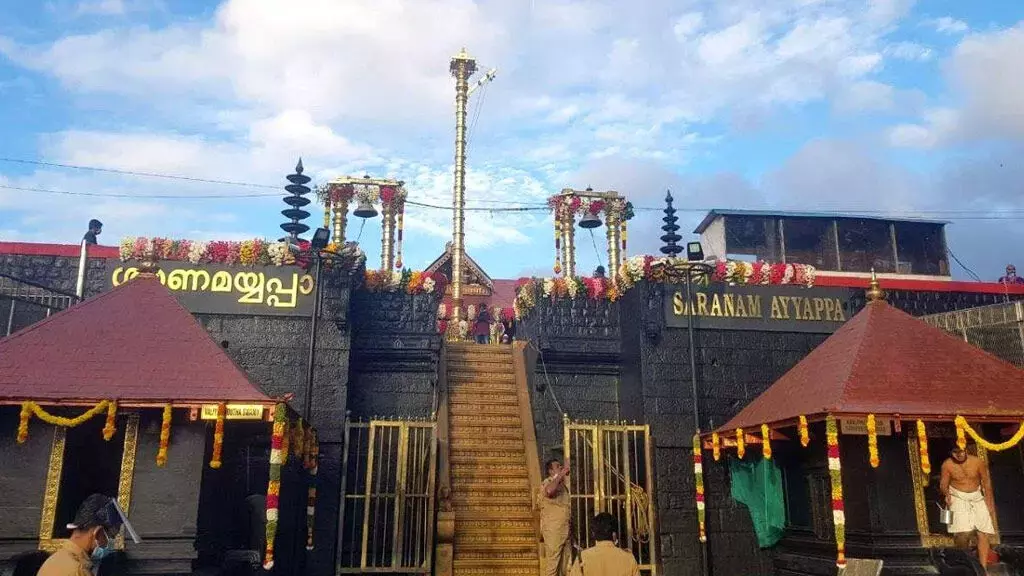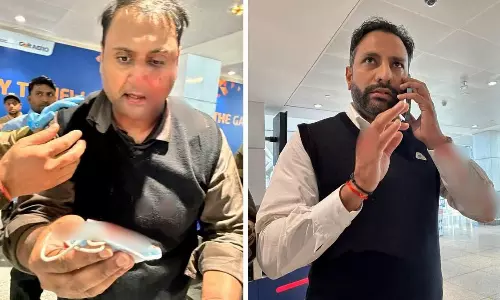
Is the BJP nervous about Gujarat?
text_fieldsNormally, the Bharatiya Janata Party (BJP) shouldn't have any worries about the election results in Gujarat. It is Narendra Modi's home state and the party has been in power there for more than two decades.
Prima facie, it should be cakewalk for the BJP, not least because its principle opponent, the Congress, has been down in the dumps all these years. Nor is there any sign of a revival of its moribund organisation.
Yet, the BJP doesn't seem to be at ease. For one, its star -- and, indeed, only effective -- campaigner, the Prime Minister, has virtually parked himself in Gujarat, addressing a large number of meetings all over the state.
As is obvious, it is unusual for a Prime Minister to spend so much time in a single state before an election, especially when the opponent is supposed to be weak. If he has nevertheless done so, it means that he is uncertain about the outcome.
For another, the same sense of insecurity can be discerned in the increasing bitterness of his criticism of his primary challenger, Rahul Gandhi, comparing him with Aurangzeb while referring to the tradition of dynastic succession in the Congress, while some others have gone a step further to liken him to Babar, the BJP's bete noire from the time of the Ramjanmabhoomi agitation, and Allauddin Khilji, the party's latest pet hate.
Since linking someone with Mughals/Muslims constitutes the worst form of abuse in the Hindutva lexicon, it appears that for some reason, the would-be Congress president has got under the BJP's skin.
The explanation for this vituperative outburst is probably that Rahul is unexpectedly turning out to be the first politician to pose a serious challenge to the BJP in its putative bailiwick. Over the last two decades, the BJP has had so much of an easy run in Gujarat and has apparently become so used to total dominance that the slightest sign of resistance tends to unnerve the party.
And that, too, from someone whom the party -- and its myriad trolls in the social media -- have long been deriding as Pappu, signifying an adolescent, who was expected to fall on his face not before long. But now that Rahul is proving to be a different person altogether who can give as good as he gets, the BJP is at a loss about how to respond.
Not unexpectedly, therefore, it is flashing its old trump card, communalism, to boost its own morale and rally its supporters. Hence the posters about the battle being between RAM -- (Vijay) Rupani, Amit Shah and Modi -- and HAJ -- Hardik Patel, Alpesh Thakor and Jignesh Mewani. Rupani, as is known, is Gujarat's somewhat unprepossessing Chief Minister.
The communal undertone of the message is as clear as the distinction which a Union minister once made about the ongoing tussle in the country being between Ramzade or the children of the Hindu god, Ram, and Haramzade or children born out of wedlock.
As before, in targeting the Congress, Modi has delved into history to project the party as one which has been consistently anti-Gujarat as its "failure" to make Vallabhbhai Patel and Morarji Desai prime ministers showed.
Modi has gone even further back in time to recall Jawaharlal Nehru's unwillingness to allow any official role in a secular state in the renovation of the Somnath temple to depict the first Prime Minister as anti-Hindu.
There have been a few missteps on the Congress's part as well with the well-known lawyer, Kapil Sibal, urging the Supreme Court to delay the judgement on the Ayodhya case until after the next general election, and former MP Mani Shankar Aiyar using the word, neech, or low-born, to describe Modi.
Aiyar has since been suspended from the party, but the promptness with which Modi used these bungles to urge the voters to give the Congress a befitting reply in the ballot boxes shows how much care has to be taken by the BJP's opponents to choose their words.
Aiyar had also handed Modi the Aurangzeb jibe by reminding all and sundry that there was no democracy when the Mughal dynastic successions took place.
Arguably, the BJP hasn't helped itself by prematurely boasting about winning 150-plus seats in the 182-member legislature. Now, its fear apparently is that it will be a considerable blow to its hubris and prestige if the party's final tally of seats falls short of the projected figure.
In that case, even its victory will lose some of its lustre. What is more, it is likely to be widely regarded as the first indication that Modi's magic is not as pervasive as the BJP appears to think.
If the party suffers even a slight setback in a state which it presumed was in its pocket, then the result will send an unsettling message to next year's assembly elections in the three BJP-ruled states of Rajasthan, Madhya Pradesh and Chhattisgarh where the anti-incumbency factor may undermine its prospects.
By the same token, an increase in the Congress's tally of seats and voting percentage will have come at the right time for Rahul who will be the new party president when the results are out.
(Amulya Ganguli is a political analyst. The views expressed are personal. He can be reached at amulyaganguli@gmail.com)




